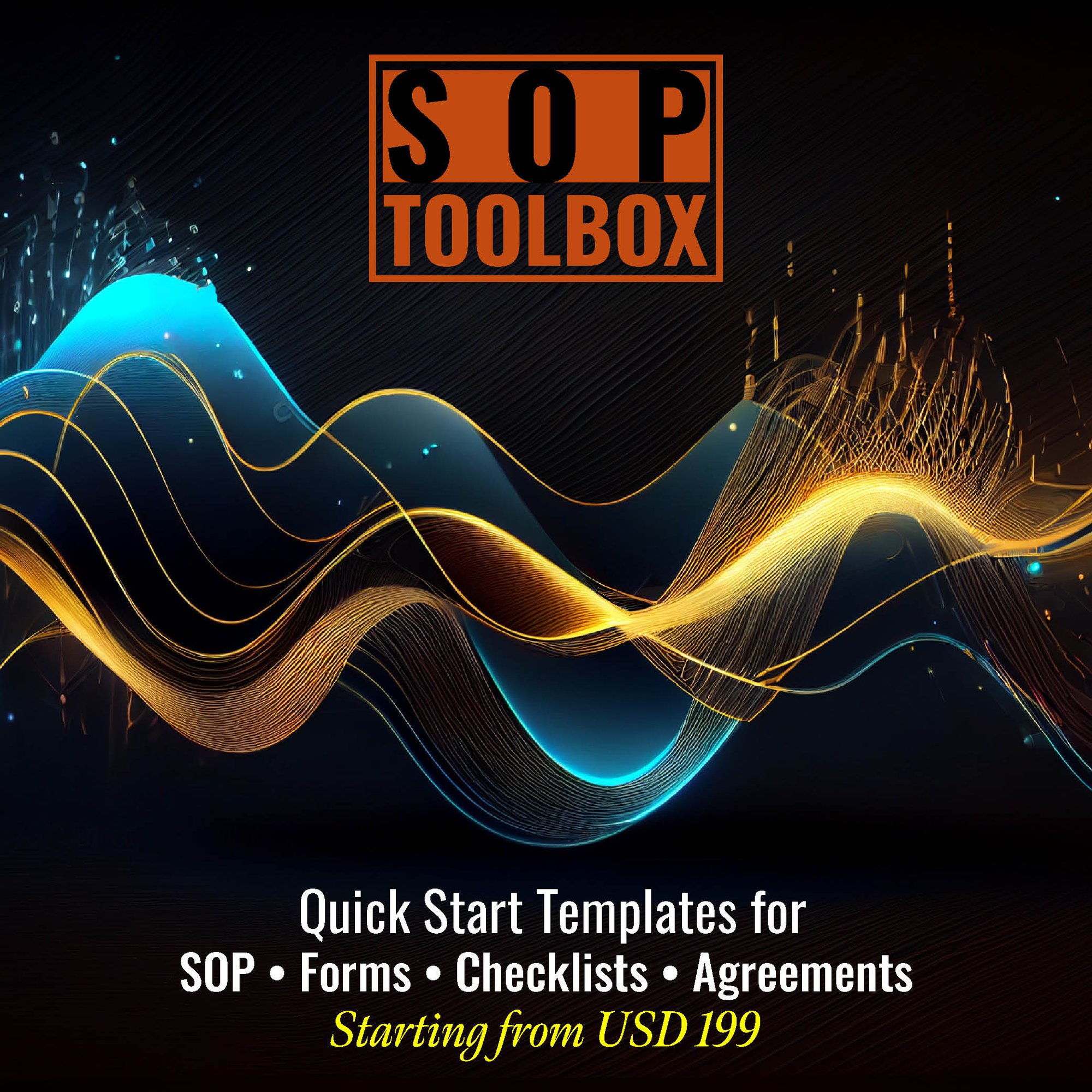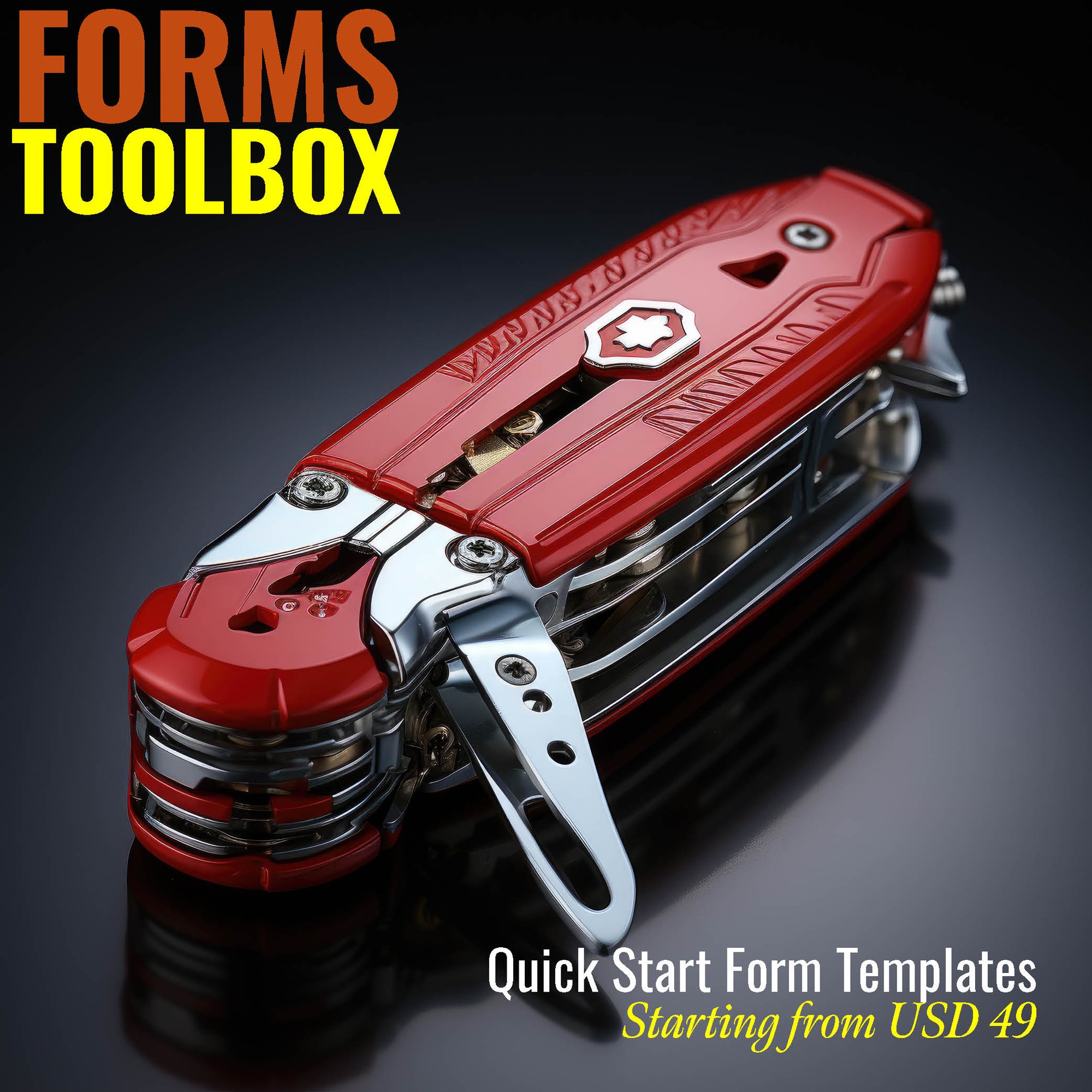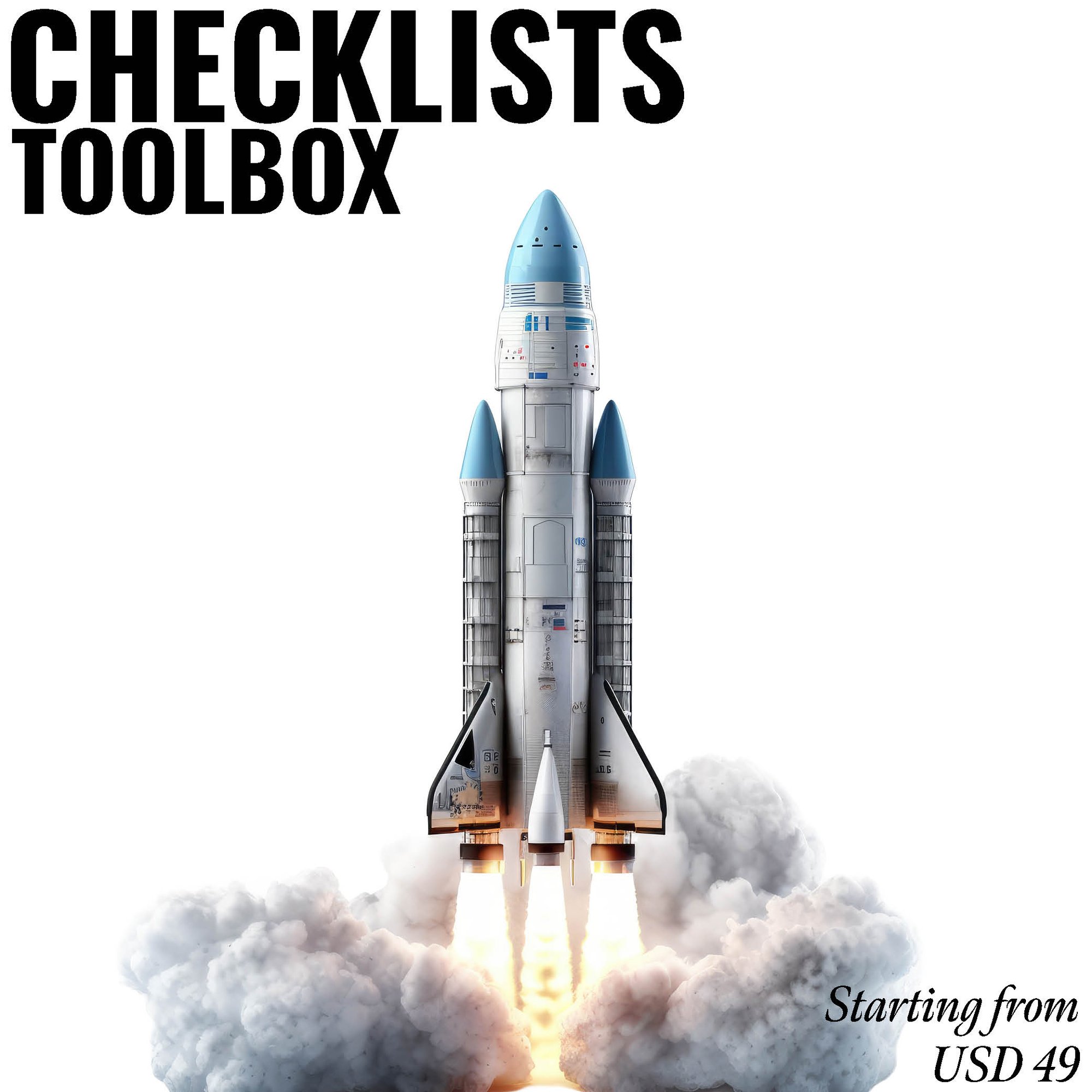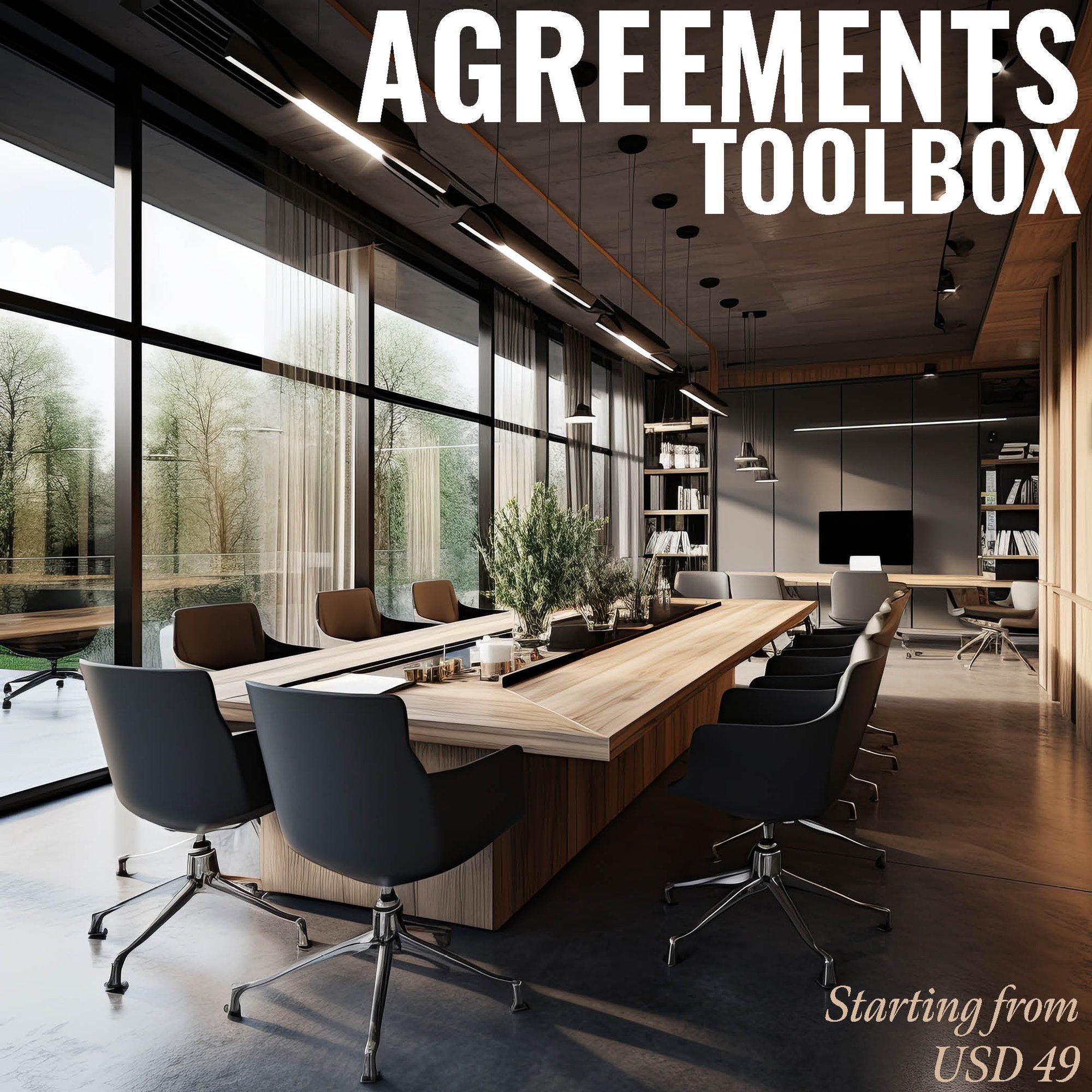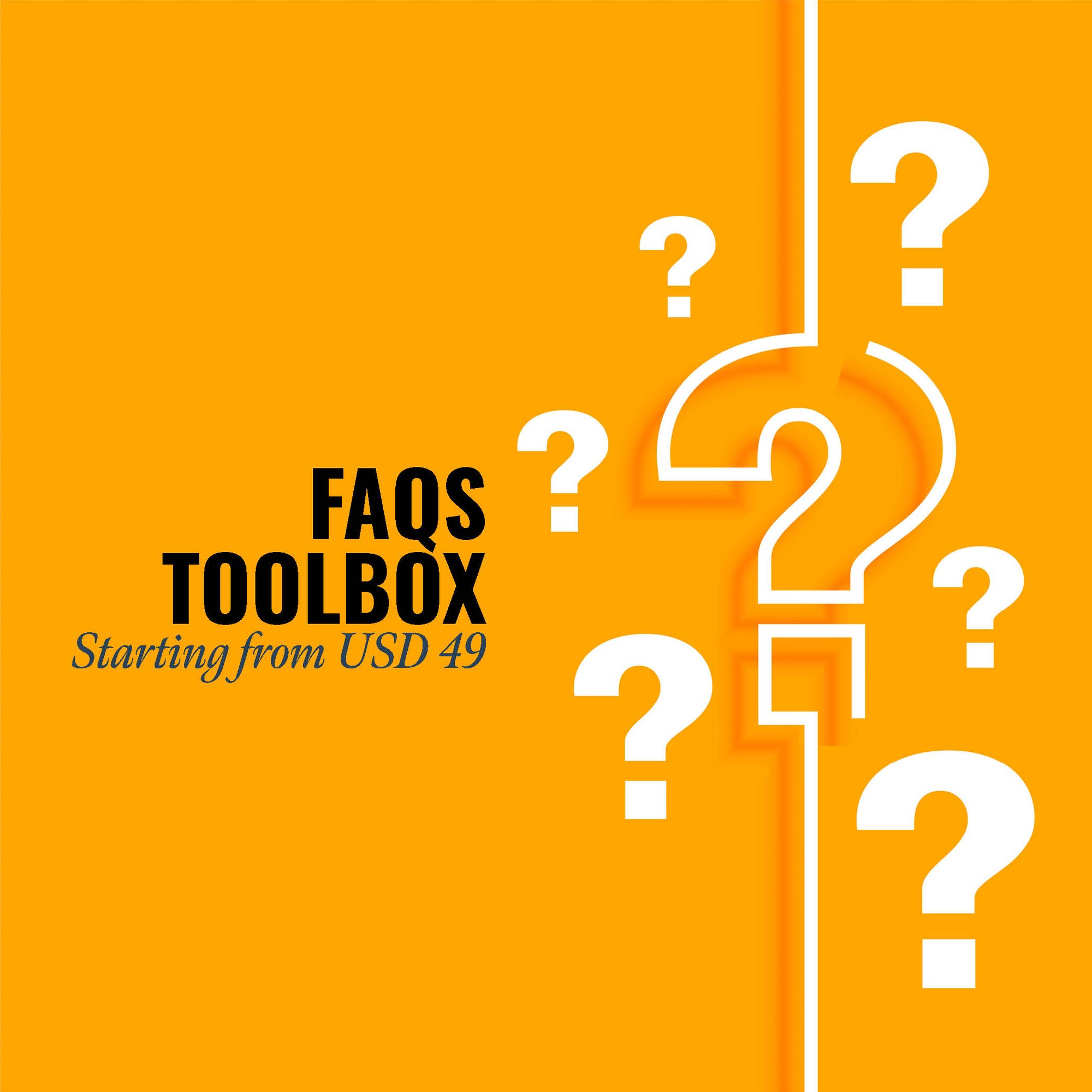Agreements play a crucial role in the realm of business analysis techniques for Standard Operating Procedure (SOP) development. These agreements delineate the scope, responsibilities, timelines, and deliverables involved in the SOP development process. They establish a clear understanding between stakeholders, including business analysts, process owners, subject matter experts, and IT teams, regarding their roles and contributions.
Effective agreements ensure alignment with business objectives, regulatory requirements, and industry best practices. They define the methodology and tools to be used, data sources and quality standards, review and approval workflows, and mechanisms for feedback and revision. By outlining these aspects comprehensively, agreements reduce ambiguity, mitigate risks, and enhance collaboration throughout the SOP development lifecycle.Furthermore, agreements in business analysis for SOP development foster accountability and transparency. They specify performance metrics, quality benchmarks, and compliance measures, enabling stakeholders to monitor progress, assess outcomes, and address any deviations promptly. This transparency promotes trust among stakeholders and enhances the overall effectiveness of the SOP development process.Moreover, agreements serve as legal safeguards by documenting consent, confidentiality, intellectual property rights, and dispute resolution mechanisms. They ensure that sensitive information is protected, and any conflicts or disagreements are resolved through established procedures, minimizing disruptions and legal complications.In essence, agreements are foundational to the success of business analysis techniques for SOP development, providing a structured framework that facilitates efficient, high-quality, and compliant SOPs essential for operational excellence and business continuity.
List of Top 50 Agreements for “Business Analysis Techniques for SOP Development”
1. AGT-966-001: Non-Disclosure Agreement (NDA)
2. AGT-966-002: Service Level Agreement (SLA)
3. AGT-966-003: Data Sharing Agreement
4. AGT-966-004: Project Charter
5. AGT-966-005: Memorandum of Understanding (MoU)
6. AGT-966-006: Requirements Document
7. AGT-966-007: Change Control Agreement
8. AGT-966-008: Stakeholder Agreement
9. AGT-966-009: Scope Statement
10. AGT-966-010: Quality Assurance Plan
11. AGT-966-011: Risk Management Plan
12. AGT-966-012: Communication Plan
13. AGT-966-013: Training Agreement
14. AGT-966-014: Testing and Validation Agreement
15. AGT-966-015: Acceptance Criteria Agreement
16. AGT-966-016: Budget Agreement
17. AGT-966-017: Resource Allocation Agreement
18. AGT-966-018: Procurement Agreement
19. AGT-966-019: User Acceptance Testing (UAT) Agreement
20. AGT-966-020: Compliance Agreement
21. AGT-966-021: Governance Model Agreement
22. AGT-966-022: Performance Measurement Agreement
23. AGT-966-023: Vendor Agreement
24. AGT-966-024: Service Provider Agreement
25. AGT-966-025: Data Privacy Agreement
26. AGT-966-026: Intellectual Property Agreement
27. AGT-966-027: Conflict Resolution Agreement
28. AGT-966-028: Escalation Agreement
29. AGT-966-029: Reporting Agreement
30. AGT-966-030: Documentation Standards Agreement
31. AGT-966-031: Milestone Agreement
32. AGT-966-032: Change Request Agreement
33. AGT-966-033: Business Continuity Agreement
34. AGT-966-034: Knowledge Transfer Agreement
35. AGT-966-035: Lessons Learned Agreement
36. AGT-966-036: Retention Agreement
37. AGT-966-037: Audit Agreement
38. AGT-966-038: Performance Improvement Agreement
39. AGT-966-039: Transition Agreement
40. AGT-966-040: End-User Support Agreement
41. AGT-966-041: Service Desk Agreement
42. AGT-966-042: Incident Management Agreement
43. AGT-966-043: Problem Management Agreement
44. AGT-966-044: Change Management Agreement
45. AGT-966-045: Configuration Management Agreement
46. AGT-966-046: Capacity Management Agreement
47. AGT-966-047: Availability Management Agreement
48. AGT-966-048: Security Management Agreement
49. AGT-966-049: Disaster Recovery Agreement
50. AGT-966-050: Business Impact Analysis Agreement







